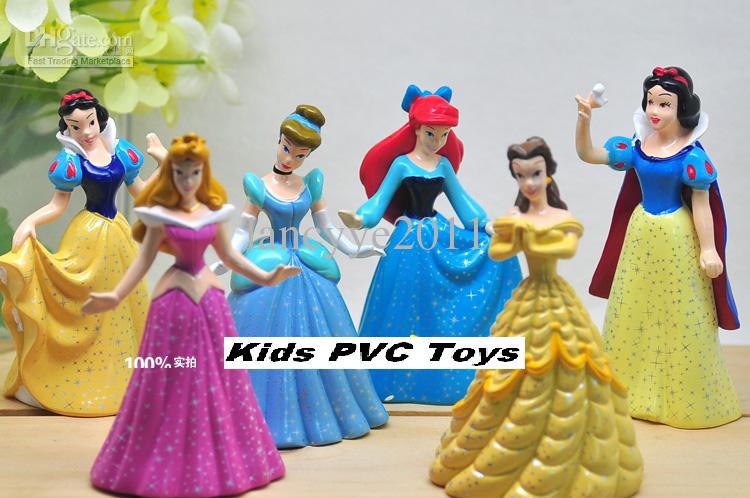
Cancer…it’s a word that causes fear in most of us. We all know someone that has survived or not survived its various forms. What causes cancer is not fully understood, but the prevalence has definitely increased since the Industrial Revolution and the subsequent increase of chemicals into our environment.
If you live in California, you are probably familiar with Proposition 65. Proposition 65 requires products or places where such products are used to notify consumers of chemicals known to the state of California to cause cancer and/or birth defects.
Since it was passed in 1986, Proposition 65 has provided Californians with information they can use to reduce their exposures to listed chemicals that may not have been adequately controlled under other State or federal laws. This law has also increased public awareness about the adverse effects of exposures to listed chemicals. For example, Proposition 65 has resulted in greater awareness of the dangers of alcoholic beverage consumption during pregnancy. Alcohol consumption warnings are perhaps the most visible health warnings issued as a result of Proposition 65.
Proposition 65’s warning requirement has provided an incentive for manufacturers to remove listed chemicals from their products. For example, trichloroethylene, which causes cancer, is no longer used in most correction fluids; reformulated paint strippers do not contain the carcinogen methylene chloride; and toluene, which causes birth defects or other reproductive harm, has been removed from many nail care products. In addition, a Proposition 65 enforcement action prompted manufacturers to decrease the lead content in ceramic tableware and wineries to eliminate the use of lead-containing foil caps on wine bottles.
Newly added to the states list of cancer causing chemicals are those used in vinyl. Rodale News reports:
Now there’s one more strike against it: A vinyl chemical called diisononyl phthalate (DiNP), the chemical used to keep PVC flexible and pliable (think shower curtains and garden hoses), has just been dubbed a carcinogen by the California Environmental Protection Agency’s Office of Environmental Health Hazard Assessment. That means the chemical will wind up on the state’s notorious Proposition 65 list of chemicals known to cause cancer and reproductive harm, and that all products containing DiNP must bear a warning label.
The agency has yet to determine what’s considered a safe exposure level to the chemical, but DiNP is used in 90 percent of vinyl products on the market, so you’re likely exposed to it in some way every day. The chemical is used in electrical wire and cable insulation, vinyl flooring, roofing materials, vinyl-coated fabrics, toys, garden hoses, raincoats, rainboots, and anything made with PVC-based artificial or “vegan” leather. It’s also used to some extent in paints, sealants, and adhesives.
Among the evidence cited for including DiNP on the Proposition 65 list were animal studies finding a link between the chemical and blood and bone marrow cancers as well as tumors in the liver, kidney, uterus, and pancreas.
The state has already listed other common plastic chemicals on Proposition 65’s list, including BPA, the hormone disruptor found in some plastics labeled #7 and in the lining of most canned foods, and another phthalate, DEHP, which is also used in PVC. BPA was listed for its reproductive effects, while DEHP was included as a carcinogen.
Where is there vinyl in your home? What scares me most is our water flows through PVC pipes. We don’t have vinyl toys or rain gear, we do have garden hoses. My daughter has a vegan leather jacket.
We live in a toxic, chemically-ridden world. It is almost impossible to avoid it but being aware allows you to make conscious choices. It is like smoking…we know it causes cancer, if you make that choice, you know the risks. Now the same holds true for vinyl.
Just about anything is this world causes cancer at some exposure level. Further, one will more likely die of a lightning strike or shark attack than from cancer contracted from your shower curtain so I would dial back the scare tactics. Finally, your PVC water pipes don’t contain any plasticizers like DEHP, DINP, or other. They do contain a pigment called TiO2 but this same pigment is found in your toothpaste so better stop brushing too!